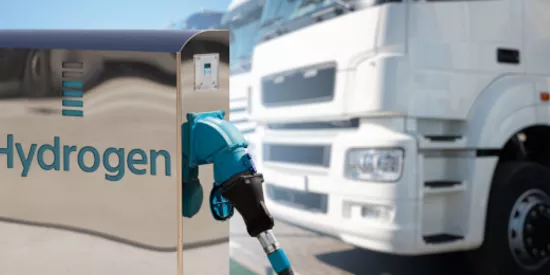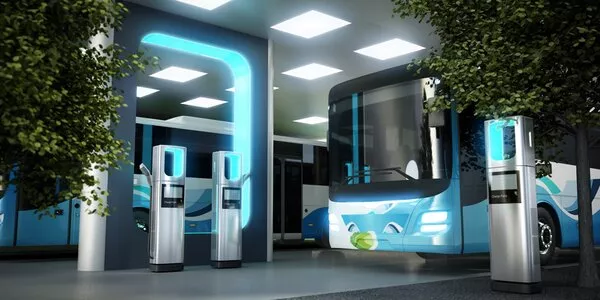
Positive impact finance
Definition
Positive impact receivables financing offers companies new opportunities to contribute to the financial viability of their partners, as well as themselves, by reducing payment times. Positive impact receivables financing is one of the "hot" positive impact credits. These are diverse and varied (green letters of credit, equipment credits, project financing, etc.) and already have a significant share of the sustainable finance market. Indeed, they possess assets that allow them to attract banking institutions, investors and companies alike.
Let's briefly recall what the notion of positive impact covers. It aims to develop the 17 Sustainable Development Goals (SDGs), defined by the United Nations Environment Programme Finance Initiative (UNEP FI). The strategy pursued by the banks is to encourage and help companies to transform these sustainable development objectives into business opportunities through new financing solutions. To be more concrete, let's mention here two Sustainable Development Goals among the 17:
- clean water and sanitation
- measures related to the fight against global warming.
The advantages of positive impact debt financing
The positive social impact generated by the reduction of payment periods is visible throughout the business cycle of the trading partners. Receivables financing helps to strengthen cash flow cycles as well as the relationship between customers and debtors. In this sense, it has the same positive effects as Supply Chain Finance, which allows for the creation of a truly harmonious ecosystem between the various partners.
It should be noted that companies are not the only ones who can benefit from positive impact financing. Associations and other non-profit organizations can mobilize/count their future operating grants.
This pre-financing mechanism is a key element in maintaining the richness of the French association network. This mechanism thus highlights the "S" for social in CSR.
How it works
These mechanisms are very recent. Customization is therefore very common. It is therefore not surprising that banks and companies are adopting a co-construction approach by using different CSR indicators.
Related definitions
Related News

Atawey is leading the charge in hydrogen mobility, recently securing €22 million in funding to expand hydrogen...

Transportation is one of the key sectors where significant reductions in greenhouse gas emissions can be achieved. In...

Volkswagen Group is one of the world’s leading automobile manufacturers and the largest carmaker in Europe. The group,...